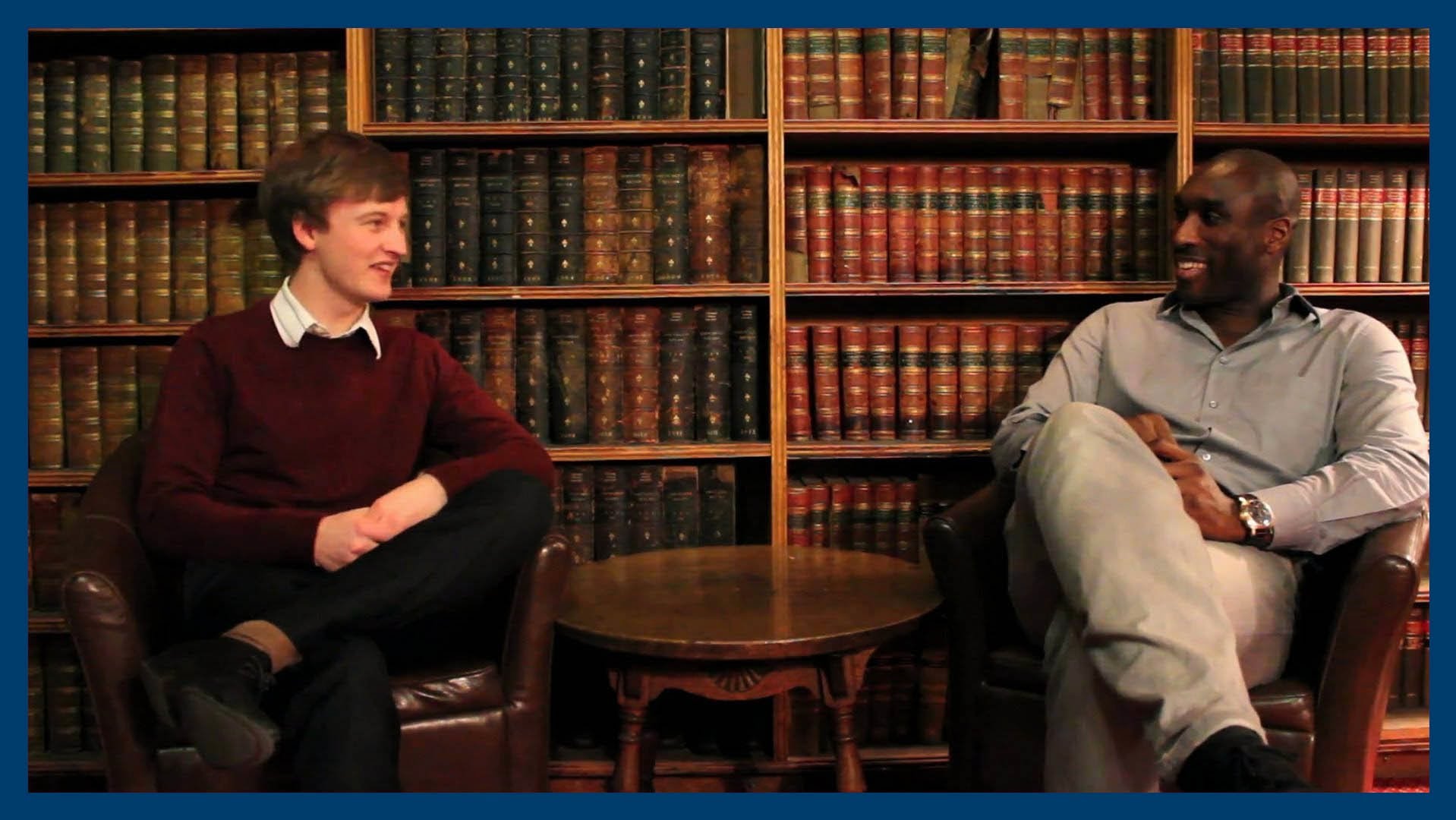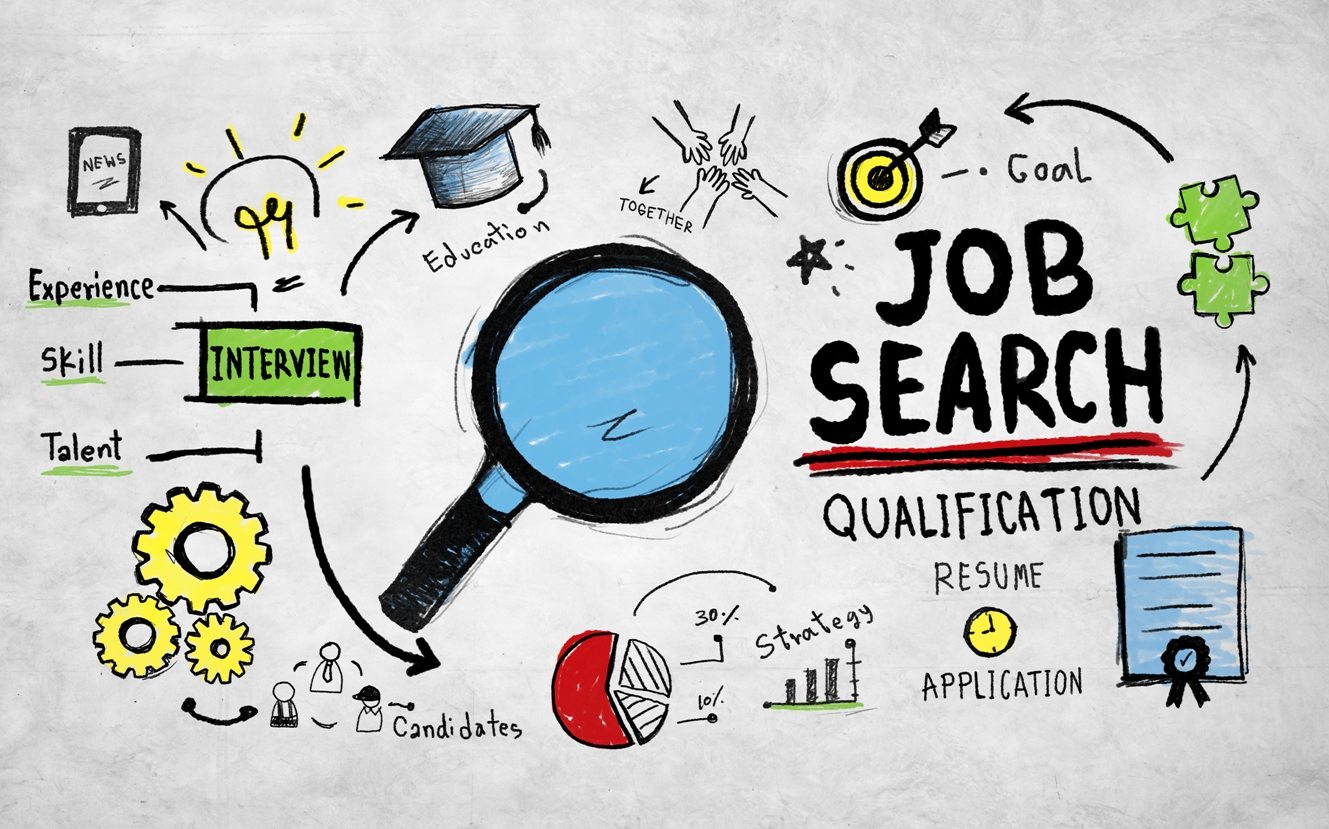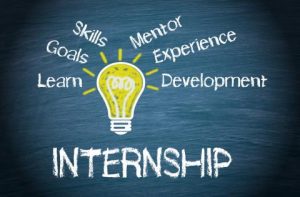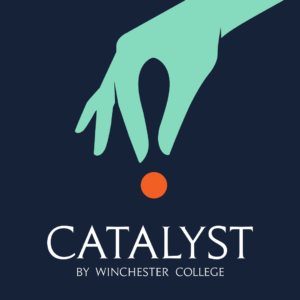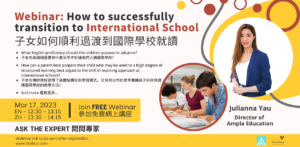November 23, 2018 | Cara Fung
Congratulations! The long awaited interview offer from Oxford or Cambridge has finally arrived and you are now preparing for the interview.
In many interviews – particularly for humanities and arts subjects – the interviewer will give you around 20 minutes to read an unfamiliar article right before an interview and expect you to feel comfortable discussing it with them. Bear in mind the following tips to unleash your potential at the interview.
1. Read the article carefully and take good notes
As you are not given much time to familiarise yourself with the article, make sure you plan out your reading time effectively. Ensure that you read the article multiple times as you may notice something new with each reading. During the first reading, take as much time as you need to read it carefully and do not take any notes. You can start highlighting, underlining and taking notes the second time you read it as by then, you will have a good idea about what the important parts are.

2. Be prepared to provide a succinct summary of the article
In the 20 minutes, take notes about the contents of the article. You may be asked to summarise the article in one sentence, summarise it in one minute, or even to try and explain the article to a layman. Take notes to enable you to adapt your answer based on what the interviewer asks you to do. A good exercise to do is to summarise every body paragraph or subsection into one sentence so you can explain the author’s key arguments in a succinct but thorough way.
3. Have an opinion
The interviewer wants to not only test your ability to understand the article, but also what you think. You should form a view – do you agree or disagree with author? Why? Do not worry if you fear that your views will not be in line with the interviewer’s. There is often not a right or wrong answer. What the interviewer is really testing is how you justify your opinion. Remember to state your view and explain it. A good way to do this is to outline your thought process to the interviewer in a well-structured manner. Explain to them the different stakeholders and issues you considered to reach your final answer.
4. Stand your ground
Regardless of whether you agree or disagree with the author, it is inevitable that the interviewer will take the other side to test your confidence in your answer and also to see how you respond to difficult questions. Do not give in to the interviewer at the get-go. Try to stand your ground and defend your opinion with a deeper analysis and by bringing in real world examples. The interviewer is likely to keep pushing you with questions as this is their way of testing your potential. It is acceptable to agree with some elements of their argument. It is advisable to say something along the lines of ‘you mentioned a great point about X…. Taking your point into account, I would like to modify my argument because…’ rather than just completely agreeing with them, as doing so does not show your ability to adapt your argument based on new information.

5. Think of potential counterarguments.
A way to prevent yourself from feeling completely lost during the interview is to think of some potential counterarguments to your opinion during the reading time. Doing this will make you feel more confident in the interview and also give you a chance to think of rebuttals for those counterarguments.
6. Feel free to ask questions during the interview
Applicants often think that asking questions during the interview shows weakness. While this may be the case if you ask silly questions, it can actually be beneficial to you if the questions are pertinent. For example, if the article is about a very unfamiliar topic and there are certain terms you are unsure about, it is much better to ask for clarification at the beginning rather than fumble through a discussion about the article when you do not even know what parts of it are about.
Good luck with your interview!
To find out more about Ampla Education’s interview coaching and university application services, contact us at info@ampla-edu.com
______________________________________________________________
Resources for school and university interview preparation:
- Interview Techniques – Highlighting Personal Experiences & Achievements
- Ampla’s Secrets for Interview Coaching
- Oxbridge Interview Case Study
- How to Prepare for an Oxbridge Law Interview
- Are US College Admissions Interviews Necessary?
________________________________________________________________________
______________________________________________________________
Educated at the Chinese International School, Cara obtained a Bachelor of Arts degree in Law from the University of Cambridge and is currently studying for a Masters in Law. While at Cambridge, she was the Treasurer of the Cambridge University Law Society and was heavily involved in performing theatre. Cara has worked at the Cambridge University Law Faculty Open Day and as a Peterhouse Student Ambassador as she enjoys advising and helping prospective university applicants with the application process.
______________________________________________________________
________________________________________________________________________
© Ampla Education – Unauthorised use of this material without permission is strictly prohibited. Excerpts and links may be used, provided that full credit is given to Ampla Education.





